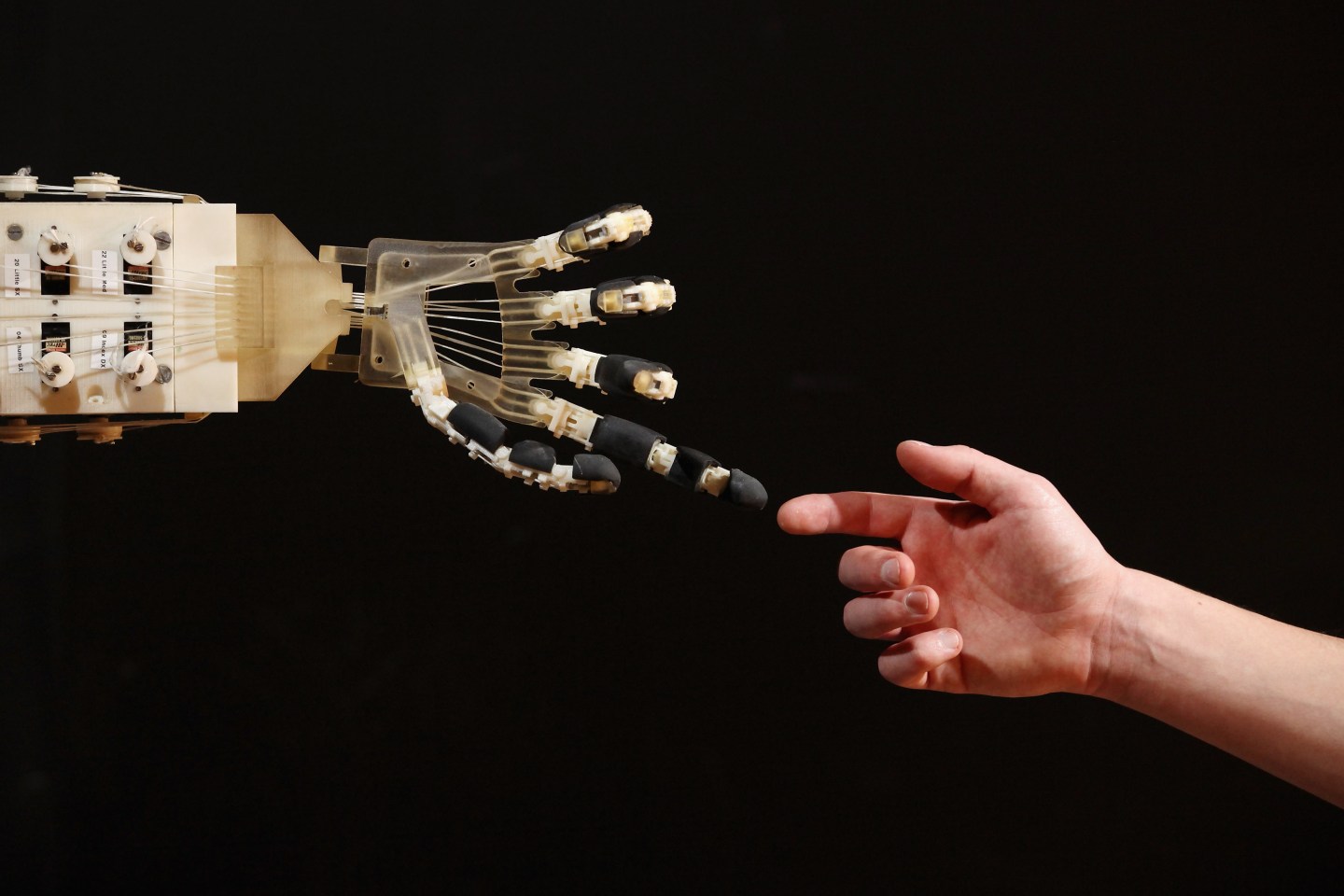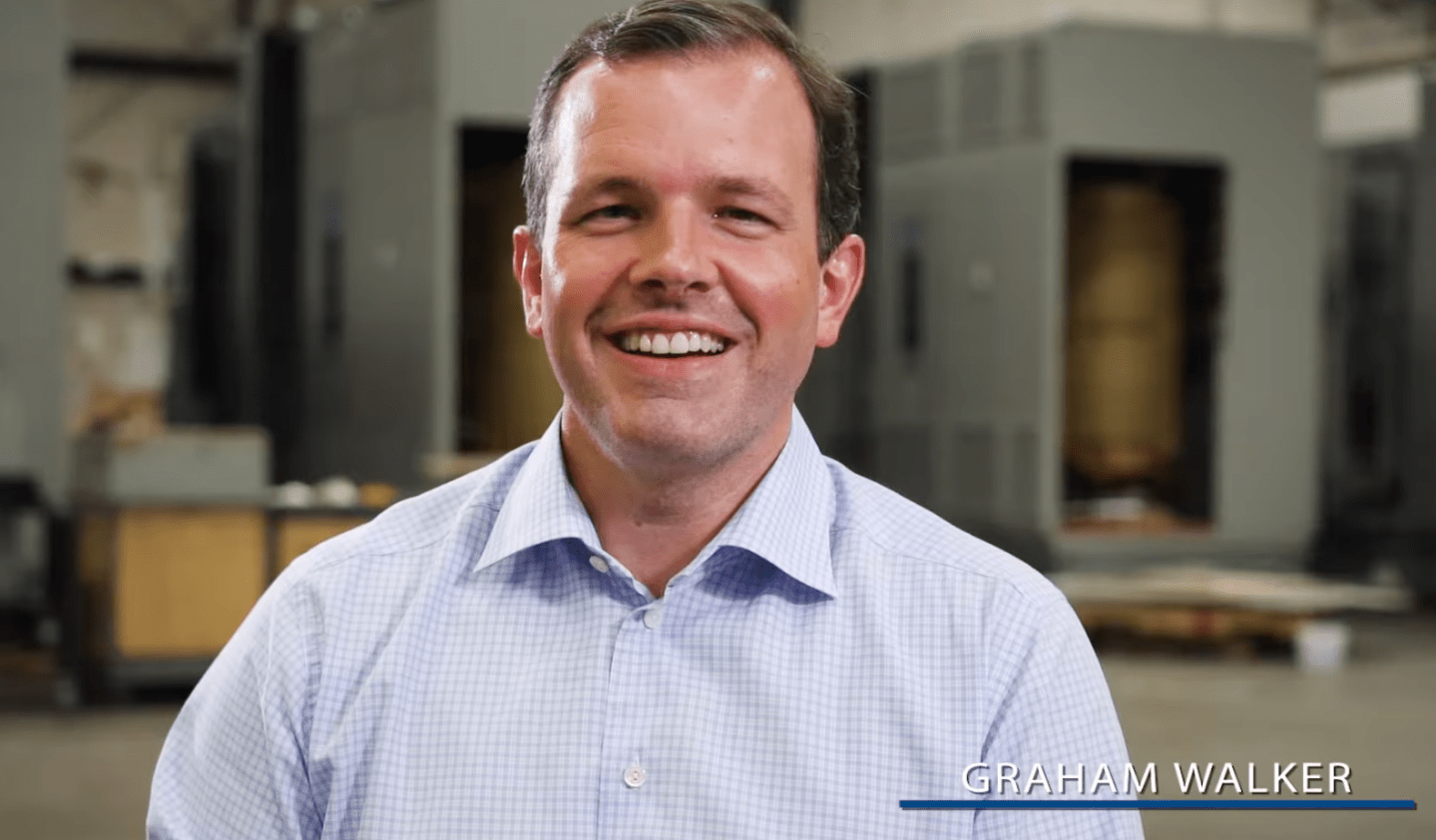Beware the robot horde—sort of.
Five million jobs are on the line as advances in robotics, artificial intelligence, 3D printing, and other technologies reshape existing industries, according to new research from the World Economic Forum, released in advance of the nonprofit foundation’s annual meeting in Davos, Switzerland, on Jan. 20.
In the new report titled “The Future of Jobs,” WEF founder Klaus Schwab and managing board member Richard Samans outline the overall potential effect of new technology to 15 countries’ economies. By 2020, some 7 million jobs will be lost, and another 2 million added, due to technological change, as Bloomberg reported. White-collar office jobs will be in the most danger, accounting for two-thirds of any job losses. Findings for the WEF report were pulled from a survey of 1.9 billion workers, or about 65% of the world’s total workforce, from countries including the U.K., Australia, Germany, China, France, Japan, and the U.S.
Get Data Sheet, Fortune’s technology newsletter.
The WEF likens the changing pool of jobs being brought on by new technology as a Fourth Industrial Revolution. But perhaps the biggest question—and one on the forefront of humans’ minds since the days of 18th-century automatons—is how fearful we should be of robots coming to take our jobs.
More U.S. companies are spending money on robots. It was big news when Google (GOOG) purchased Boston Dynamics, makers of the BigDog terrain robot, and a bunch of other robotics companies, but other smaller companies are also getting into the mix. According to numbers from the Robotic Industries Association, a U.S. trade group, shipments of robots to North America totaled $1.2 billion over the first nine months of 2015. But investment in robotics doesn’t mean robots themselves are elbowing their human counterparts out of the job market.
“We believe that robots are saving and creating jobs,” says RIA president Jeff Burnstein. “The worst threat to jobs in a company is being unable to compete. We have small businesses telling us that robotics helps them compete, and without that they would have zero jobs.”
For more on robots watch our video:
Indeed, within the U.S., the big push has been on robots working collaboratively with humans, an idea at the core of the National Robotics Initiative launched by the Obama administration during the president’s first term. Burnstein says companies require more people who have experience working with robots, not only in designing and programming them, but also with installing them and troubleshooting them on the factory floor.
That appears to be an attitude present in the WEF’s new report. As the authors write: “The current technological revolution need not become a race between humans and machines but rather an opportunity for work to truly become a channel through which people reach their full potential.”












